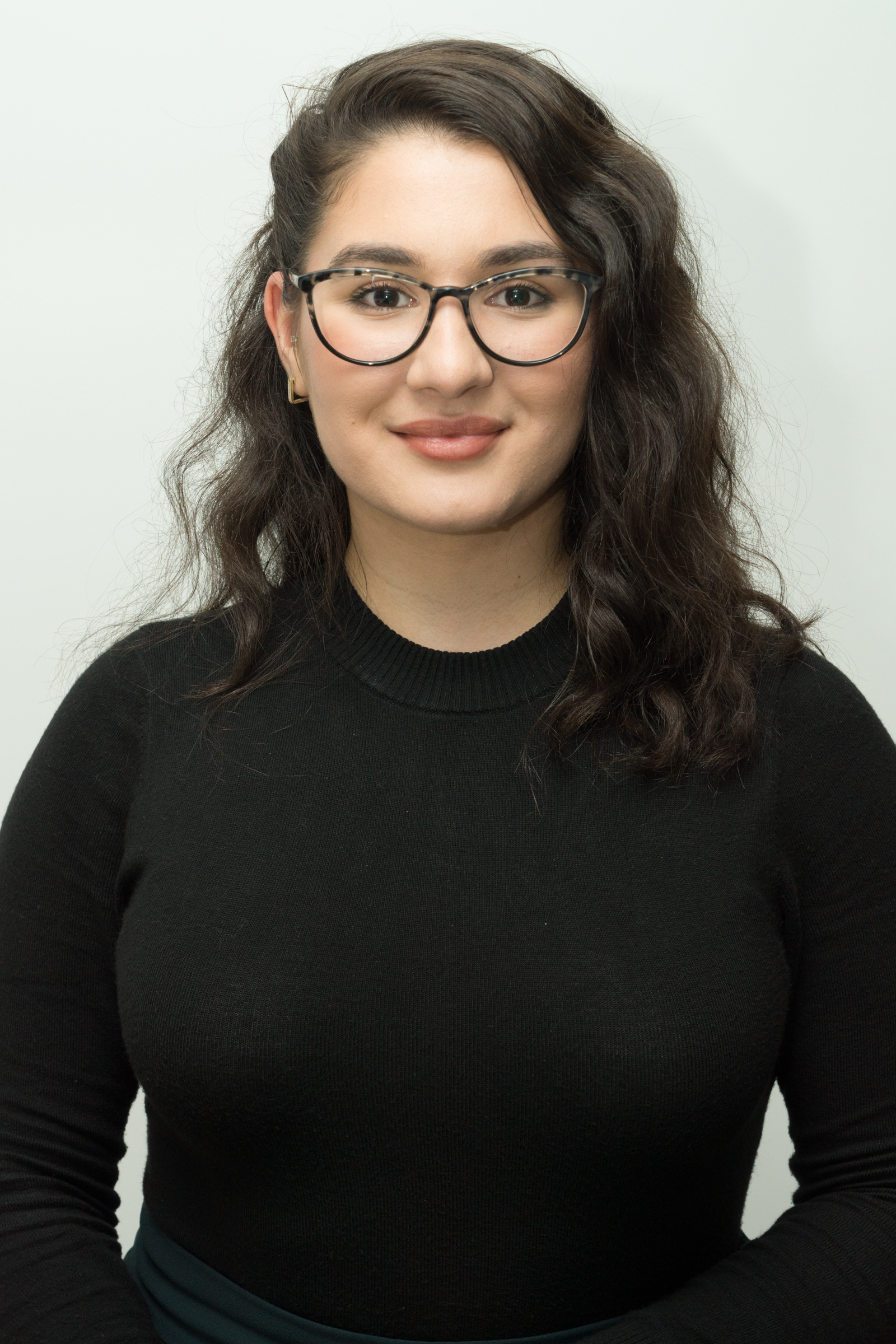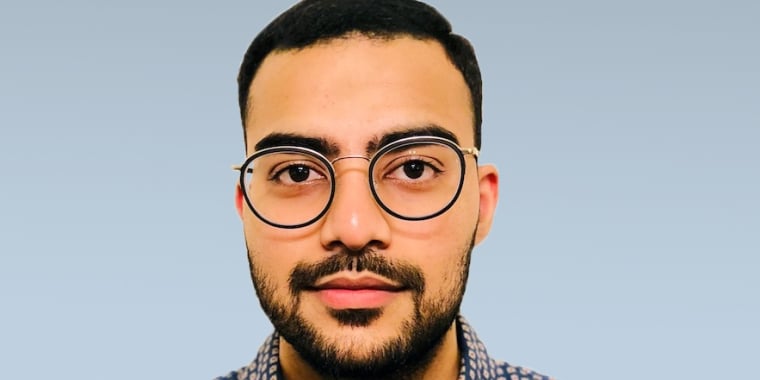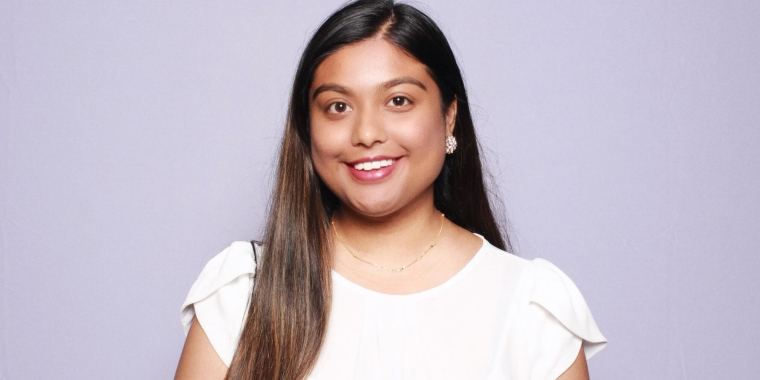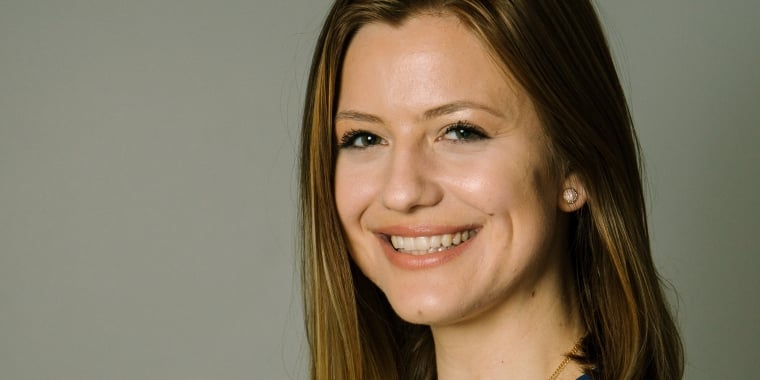A Day In the Life of a LifeSci NYC Intern: Jona Kerluku

For the fourth in a series of posts from participants in this summer's LifeSci NYC Internship Program, we hear from Jona Kerluku, whose summer internship allowed her to network, build her programming skills, and moved her closer to reaching her professional goals.
Learning With and From the Industry’s Leading Scientists: My LifeSci NYC Internship
by Jona Kerluku
On a typical day at the New York Genome Center (NYGC), I prefer to start my mornings writing code, with meetings and presentations in the afternoon. My thoughts are clearer, and it is usually much quieter in our open office space in the morning. I am working on comparing gender genotyping calls between different tools to ultimately improve the calling threshold of a tool already created at NYGC. There are some samples that come from the lab for which we cannot tell if the patient has a true sex anomaly, meaning multiple sex chromosomes (rather than just XY or XX), or if there was a quality issue with the coverage of the sample.
Analysis of select chromosomes requires manipulation of data sets, learning to use different bioinformatic tools, and data visualization to compare the results of the tools. I came to NYGC with skills in Python and RStudio, with some exposure to the Linux/Unix environment. However, most of the scripts I need to write have been in the Linux/Unix environment, as it is the best way to access all of the massive files in the company cluster. This internship has allowed me the opportunity to learn a new programming language with encouragement from my team and supervisor, Wayne Clarke.
I work in a very supportive and open learning environment, with access to a team of leading scientists. Before this internship, I had a limited personal network of scientists conducting cutting-edge research. Now I work with the computational biology team at NYGC, with unlimited access to scientists and even physicians from around the world. I am given the flexibility to email any employee that I am interested to learn more about and can often arrange a meeting within a week. I would like to thank Caitlin McHugh, who was my supervisor during my first two weeks on the job, for advising me on how to go about this.
I recently graduated Lehman College at the City University of New York with a bachelor’s degree in Mathematics on a pre-medical track. It speaks to the trajectory of my career that I used to work part-time at a restaurant across the street from NYGC, while taking courses and volunteering in hospitals. When wet lab opportunities were limited, I leveraged my computational degree to learn how to think about medical problems from a computer science and mathematical perspective. The LifeSci NYC Internship Program evaluated the strengths and interests highlighted in my application and matched them to the mission of a host company in the New York City area.
Some of the founding partners of NYGC are hospitals and medical institutions in the tri-state area. I plan to apply to medical school in the near future, after contributing to more research projects. NYGC is a nonprofit academic research institution that collaborates with several labs that conduct innovative genomics research; however, NYGC also works with clients who could benefit from the analysis pipelines of the center. The computational biology team participates in developing these pipelines that automate analytical processes to reduce computational time for scientists. I have been tasked with working collaboratively with scientists on a project, and I am learning so much.
As an added educational bonus, NYGC allows me to attend presentations of guest speakers who present their research, as well as panel discussions organized by the LifeSci NYC program—not to mention that the internship started off with a boot camp of diverse biotech industry speakers. In the last couple of months, my network in the life sciences has grown to include not only academic scientists, but biotech entrepreneurs and motivated, intelligent interns as well. I want to become a surgeon who utilizes data science, machine learning, and artificial intelligence to improve health care. This internship allowed me to train at an institution with the budget to invest in the latest technology that prioritizes advancing scientific research. It also gave me direction to achieve my goals and exposed me to the creative measures other scientists have taken to accomplish goals similar to mine.
New York City has always had a reputation for modeling the way cities and countries make progress in education, immigration, minimum wage laws, gun violence policy, and now scientific innovation. It means a lot to earn a higher education in the Bronx and continue my training in this fast-paced city. The LifeSci NYC Internship Program introduced me to several startup companies that are doing great work for health care and science and allowed me to be a part of the conversation. This internship program provided a smooth transition from my undergraduate degree to a career in the life sciences. It also has allowed for a diverse group of students to break into the biotech industry, all while providing a massive support system and I, for one, couldn’t be happier!


